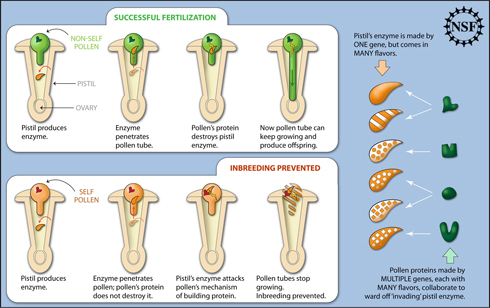Scientist: Temperate Freshwater Wetlands Are ‘Forgotten’ Carbon Sinks
COLUMBUS, Ohio – A new study comparing the carbon-holding power of freshwater wetlands has produced measurements suggesting that wetlands in temperate regions are more valuable as carbon sinks than current policies imply, according to researchers.
The study compared several wetlands at two Ohio wetland sites: one composed of mostly stagnant water and one characterized by water regularly flowing through it. The study showed that the stagnant wetland had an average carbon storage rate per year that is almost twice as high as the carbon storage rate of the flow-through wetland. (more…)

